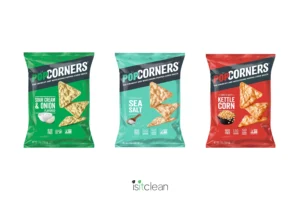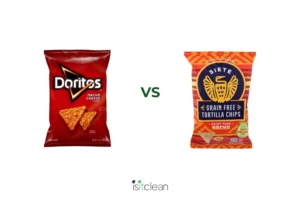
Acesulfame potassium is a zero-calorie sweetener that is added to many sugar-free…



Taurine is a non-essential amino acid naturally found in the body that is prevalent in meat and fish. It is commonly included in energy drinks and supplements for potential benefits in physical performance and mental alertness. Taurine used in such products is often produced synthetically, through the reaction of ethylene oxide with sodium bisulfite to form isethionic acid, which is converted to taurine through further chemical reactions. It can also be extracted naturally through hydrolysis from fish and meat.

Taurine plays a crucial role in various physiological processes and the use of taurine as a supplement may help prevent low levels of taurine which is associated with aging. The use of taurine as a supplement for boosting performance has demonstrated mixed results, yet there is no data suggesting toxic effects of it in humans. In a study on patients with traumatic brain injury, taurine supplementation reduced inflammatory markers and improved patient outcomes. One rat study that taurine may have a synergistic effect with other food additives in producing neurobehavioral toxic effects at high doses. Taurine may play an important role in the neuroendocrine system, however, more human research is needed to determine the potential therapeutic effects of taurine.
Health is like a bank account, certain ingredients make a deposit into your health bank, meaning they add to
your health. Certain ingredients withdraw from your health bank. We want health promoting ingredients in our diet. To keep things simple, we rate ingredients on a green, yellow, red scale:

It is naturally occurring in food and has no harmful effects on the body. It is real food. It is health promoting.

It goes into one or more of the below categories

It is known to have a harmful effect on the body (ex. All food colorings, Natural Flavors, MSG, Potassium bromate, aspartame, artificial flavors)



The Food Showdown: Popcorners flavors
Ingredient Rating: Canola oil – is it bad for you?
Clean Consuming: Nourishment for your

We have accomplished so much in just 1 year since our launch in March of 2023! We now have 10,000

The Nacho Chip Food Showdown, is Tapioca Starch safe in food? and a must-see documentary on America’s food system.
Stay in the know with the latest ratings, articles, and our newsletter, The Dirt.